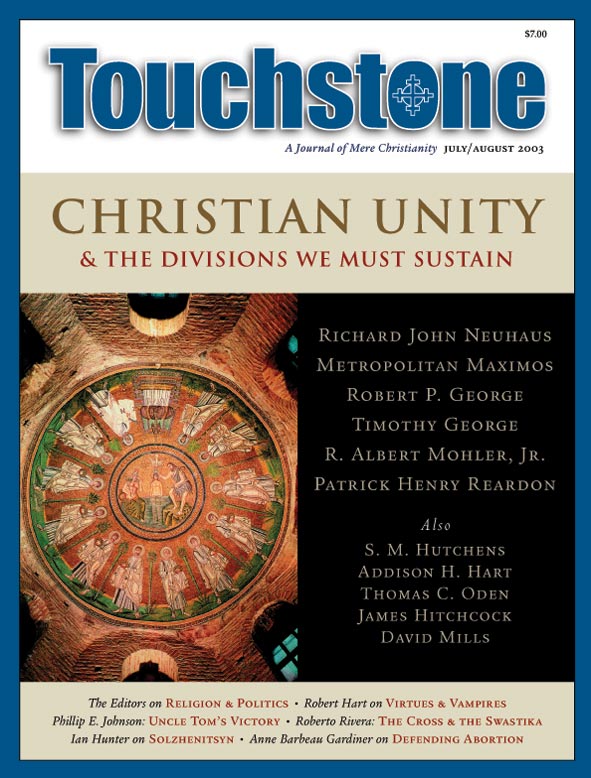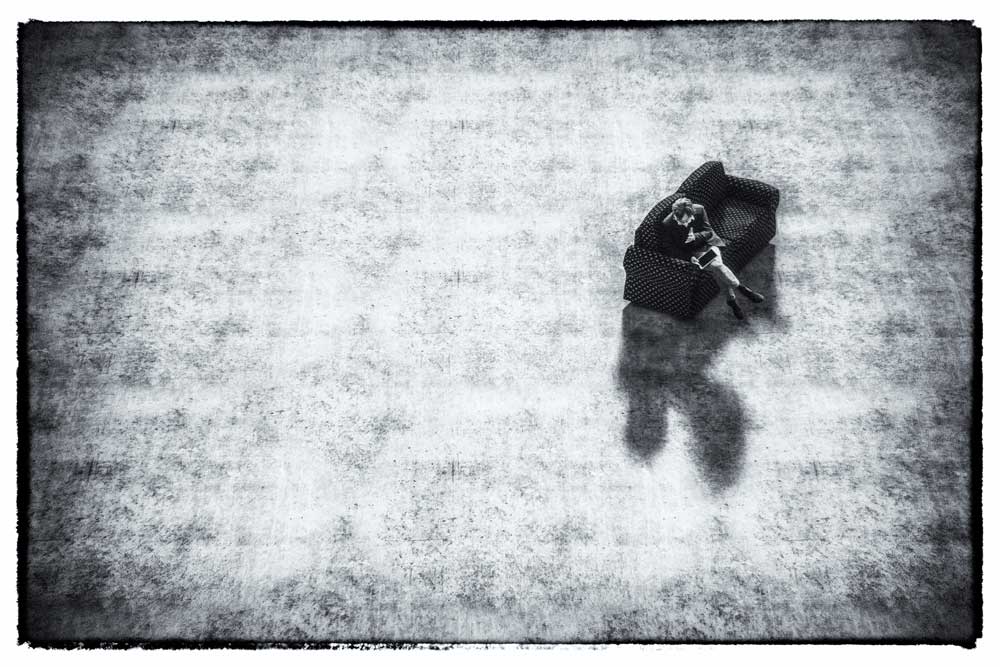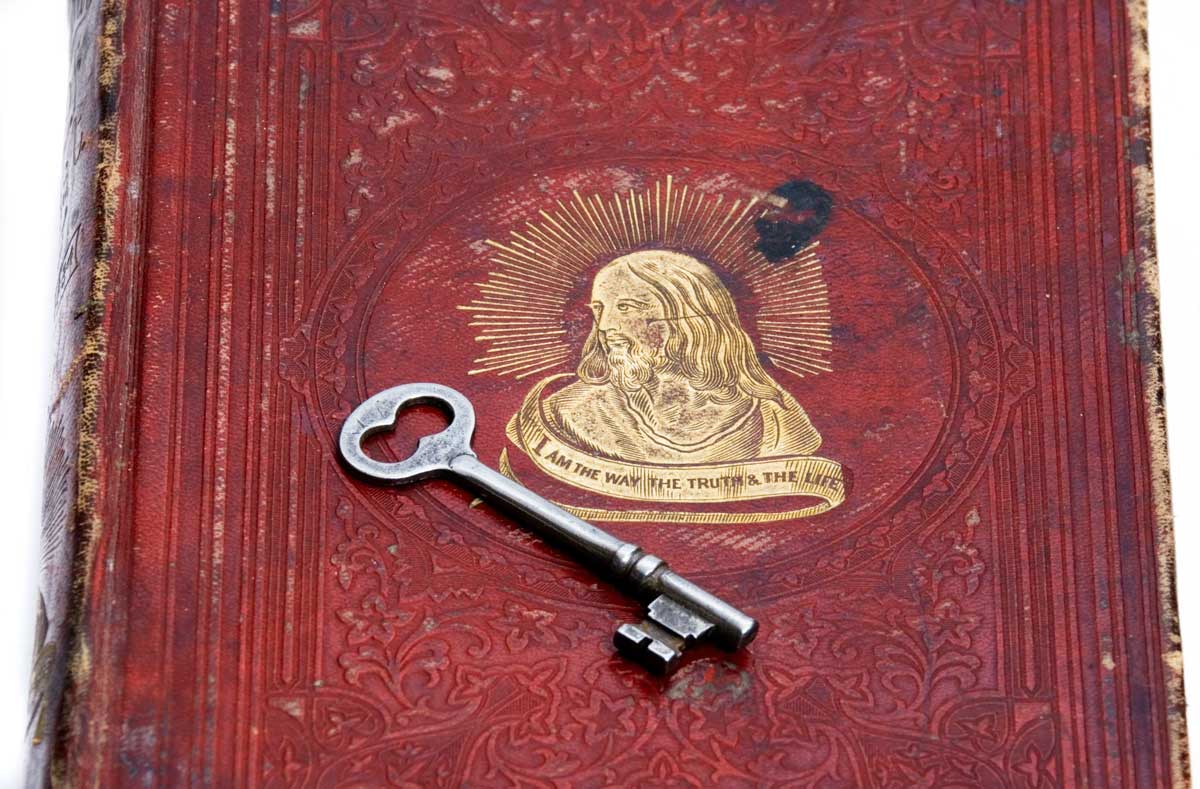Uncle Tom’s Victory
On a recent auto trip, my wife and I passed the freeway miles listening to a recording of Uncle Tom’s Cabin. In the 1850s, this sensational bestseller lit the fuse of the explosion of moral passion that made the American Civil War inevitable, and so touched the conscience of England that the British government could not pursue its commercial interests by helping the South to break the ruinous naval blockade. Today, hardly anybody reads Uncle Tom’s Cabin, probably because the book has picked up a reputation as a cliché-ridden anti-slavery potboiler rather than as the moving story of faith and courage it truly is.
Another reason for the neglect of Uncle Tom’s Cabin is that it is written with a profoundly Christian sensibility that modern people have been taught to deride. This factor alone would prevent the book from being read or even honestly described in our supposedly multicultural school systems, where the textbooks no longer even acknowledge that Dr. Martin Luther King, Jr., was a “Reverend.” Harriet Beecher Stowe, the author of Uncle Tom’s Cabin, went so far as to insist at times that, “I did not write that book.” She meant that the words came to her in bursts of inspiration directly from the Holy Spirit, and I think that you have to be capable of believing that to appreciate fully the miracle that this little woman of limited experience somehow put on paper.
Anybody could have described the horrors of slavery, or explained that the oppressed slaves were human beings like all the rest of us, not the sub-humans with only brutish feelings that the slaveholders had to believe them to be. Mrs. Stowe’s art was that she made the slaves and those who helped or oppressed them come alive in the imagination of people who knew nothing of slavery. Her readers could feel the desperation of slave mothers whose children were torn from them to be sold “down river” to lives of cruel misery, and they also felt the tragedy of whites who tried to be kind and to do justice in a society whose legal system was built upon slavery, which was cruelty and injustice legalized. She brought alive the simple virtues of brave people who struggled just to read a few words, but who understood the message of the Bible better than all the learned clergymen of the world, perhaps because they were able to come to it as little children, as Jesus said we all must.
THIS ARTICLE ONLY AVAILABLE TO SUBSCRIBERS.
FOR QUICK ACCESS:
Phillip E. Johnson is Professor of Law (emeritus) at the University of California at Berkeley. He is the author of Darwin on Trial, The Wedge of Truth, The Right Questions (InterVarsity Press), and other books challenging the naturalistic assumptions that dominate modern culture. He is a contributing editor of Touchstone.
subscription options
Order
Print/Online Subscription

Get six issues (one year) of Touchstone PLUS full online access including pdf downloads for only $39.95. That's only $3.34 per month!
Order
Online Only
Subscription

Get a one-year full-access subscription to the Touchstone online archives for only $19.95. That's only $1.66 per month!
bulk subscriptions
Order Touchstone subscriptions in bulk and save $10 per sub! Each subscription includes 6 issues of Touchstone plus full online access to touchstonemag.com—including archives, videos, and pdf downloads of recent issues for only $29.95 each! Great for churches or study groups.
Transactions will be processed on a secure server.
more from the online archives
calling all readers
Please Donate
"There are magazines worth reading but few worth saving . . . Touchstone is just such a magazine."
—Alice von Hildebrand
"Here we do not concede one square millimeter of territory to falsehood, folly, contemporary sentimentality, or fashion. We speak the truth, and let God be our judge. . . . Touchstone is the one committedly Christian conservative journal."
—Anthony Esolen, Touchstone senior editor









